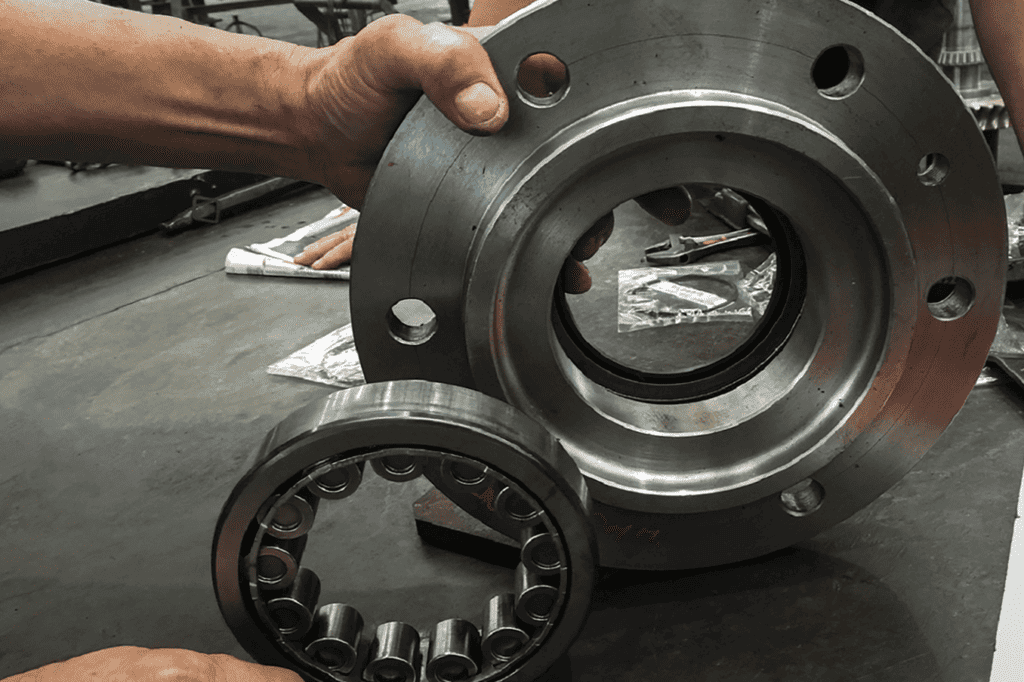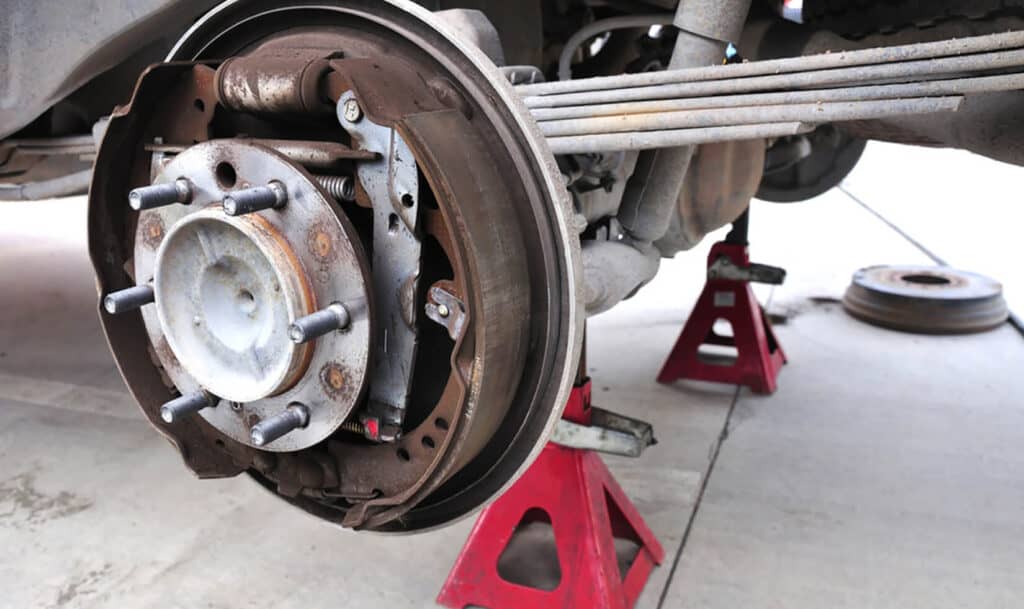Introduction
Wheel bearings play a pivotal role in ensuring your vehicle’s smooth operation. These small, yet indispensable components bear the entire load of your vehicle and ensure that the wheels rotate with minimal friction. Overlooking the maintenance of wheel bearings can negatively impact your car’s performance and compromise safety. This article offers a collection of practical tips to maximize the lifespan of your wheel bearings and addresses common questions about their maintenance.

Longevity and Maintenance: How Can I Make My Wheel Bearings Last Longer?
The longevity of wheel bearings largely depends on their upkeep and the manner in which the vehicle is driven. One of the most effective ways to prolong their lifespan is by adhering to a schedule of regular maintenance. Routine inspections conducted by professionals can help identify early signs of wear and tear, allowing for prompt intervention and repair before a minor issue morphs into a severe, costly problem. Regular tire rotations and alignments, too, play an integral role in extending the life of wheel bearings as these procedures ensure an even distribution of the vehicle’s weight, thereby reducing the undue strain on the bearings.
In addition to regular maintenance and professional check-ups, the way the vehicle is driven can also impact the lifespan of wheel bearings. Aggressive driving behaviors, such as high-speed driving and hard cornering, can exert substantial stress on the wheel bearings and accelerate their wear. Thus, adopting a more gentle driving style can help in maintaining the health of your wheel bearings. Similarly, keeping your tires inflated to the correct pressure is a simple yet effective practice that ensures even load distribution across the wheels, thereby minimizing the stress exerted on your wheel bearings. Through these measures, it’s possible to enhance the longevity of your wheel bearings and keep your vehicle running smoothly for longer.
The Lifespan of Wheel Bearings
On average, wheel bearings can last between 136,000 to 160,000 kilometers. However, their lifespan can be influenced by a variety of factors such as driving conditions, the quality of the bearings, and the load they regularly carry. While reaching 320,000 kilometers is not impossible, it requires meticulous maintenance, careful driving, and high-quality bearings. Remember that premature wear or damage can occur due to factors beyond control, like road debris or accidents.
Preventing Damage: How Do You Prevent Bad Wheel Bearings?
Preventing wheel bearings from going bad largely involves regular maintenance and care. Ensure your vehicle is serviced according to the manufacturer’s schedule. Pay attention to the quality of lubrication used on the bearings, as low-quality lubricants can accelerate wear and tear. Also, consider the load that your vehicle carries. Overloading puts extra stress on the wheel bearings and can significantly shorten their lifespan. Lastly, always address any signs of bearing failure promptly to avoid further damage.
The Impact of Driving Conditions: What Makes a Wheel Bearing Worse?
Various driving conditions can have a detrimental impact on your wheel bearings.The type and quality of the roads you drive on can greatly affect your wheel bearings. Frequently traversing poor quality roads, potholes, or debris-ridden terrains can introduce sudden shocks and increase the strain on the wheel bearings, thus accelerating their wear and tear.
Harsh weather conditions also pose a significant challenge to wheel bearings. Regular exposure to heavy rain, snow, or salted roads can lead to the ingress of moisture or corrosive elements, causing the bearings to rust, degrade, and eventually fail.
High-speed driving is another culprit behind the fast deterioration of wheel bearings. Higher speeds translate to increased RPM (revolutions per minute), leading to a higher operating temperature for the bearings, which can hasten their wear.
Likewise, aggressive driving habits, such as hard cornering or abrupt braking, put extra stress on the wheel bearings. These actions cause uneven load distribution and can significantly shorten the lifespan of your bearings.
Lastly, overheating can accelerate the wear of wheel bearings. This can result from overloading the vehicle, under-inflation of the tires, or frequent heavy braking. All these conditions increase the operating temperature of the bearings, leading to quicker wear and potential failure.

The Risks of Neglect: Is It Bad to Keep Driving with a Bad Wheel Bearing?
Driving with a known bad wheel bearing is not just bad—it’s potentially dangerous. As the condition of the wheel bearing deteriorates, it can cause the wheel to wobble or display erratic movement, which hampers the vehicle’s stability and control. This lack of control can escalate to dangerous levels, especially when driving at high speeds or in challenging weather conditions, putting your safety and the safety of others at risk.
Further neglecting a bad wheel bearing can lead to even more dire outcomes. In extreme cases, a completely deteriorated bearing may cause the wheel to detach from the vehicle entirely while in motion, leading to significant vehicle damage and a high-risk situation on the road. Additionally, a failing wheel bearing generates excessive heat due to increased friction. This heat can spread and inflict damage on surrounding parts such as the axle and the hub, transforming what could have been a single part replacement into a complex and costly repair. Therefore, addressing a bad wheel bearing as soon as it’s detected is crucial to avoid these risks and potential costs.
Conclusion
In conclusion, wheel bearings may be small components in the grand scheme of your vehicle, but their role in ensuring a safe, smooth ride is monumental. Regular maintenance, careful driving, and prompt action when problems arise are key to maximizing the lifespan of your wheel bearings. Ignoring the signs of a bad wheel bearing can lead to bigger issues, potentially compromising your vehicle’s performance and your safety. Always prioritize the condition of your wheel bearings – your vehicle (and your wallet) will thank you in the long run.
